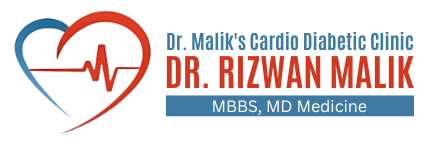Diet Counseling

Diet counseling involves personalized nutrition advice to help individuals achieve their health goals, manage medical conditions, and improve overall well-being.
A process by which a health professional with special training in nutrition helps people make healthy food choices and form healthy eating habits.
Typical Cases
- Weight Management: Obesity or underweight issues.
- Chronic Diseases: Diabetes, hypertension, cardiovascular disease.
- Special Diets: Gluten-free, low-sodium, diabetic-friendly, heart-healthy.
- Nutritional Deficiencies: Iron deficiency anemia, vitamin D deficiency.
Symptoms and Management
- Weight Management:
- Symptoms: Excess body weight, difficulty losing weight, rapid weight gain, or underweight.
- Management: Personalized diet plans, calorie management, balanced nutrition, regular physical activity, and behavioral support.
- Chronic Diseases:
- Symptoms: Vary based on the condition (e.g., high blood sugar, high blood pressure).
- Management: Dietary modifications specific to the condition (e.g., low-carb diet for diabetes, low-sodium diet for hypertension), regular monitoring, and coordination with medical treatment.
- Special Diets:
- Symptoms: Vary based on the condition (e.g., digestive issues for gluten intolerance).
- Management: Tailored meal plans, education on reading food labels, and alternative food suggestions.
- Nutritional Deficiencies:
- Symptoms: Fatigue, weakness, pale skin, hair loss, and brittle nails.
- Management: Nutrient-rich diet plans, supplements if necessary, and regular follow-up to monitor levels.
Services Provided
- Nutritional Assessment: Evaluating dietary habits, nutritional status, and health needs.
- Personalized Diet Plans: Creating customized meal plans based on individual health conditions, preferences, and goals.
- Education: Teaching clients about balanced diets, portion control, nutrient-dense foods, and reading food labels.
- Behavioral Support: Helping clients develop healthy eating habits and overcome barriers to healthy eating.
- Specialized Diets: Providing guidance on specific dietary needs, such as gluten-free, low-sodium, low-fat, diabetic-friendly, and heart-healthy diets.
Conditions Addressed
- Obesity and weight management
- Diabetes
- Hypertension
- Cardiovascular disease
- Gastrointestinal disorders
- Food allergies and intolerances
